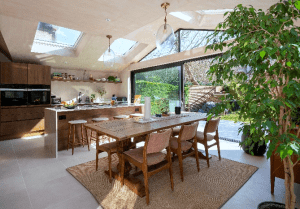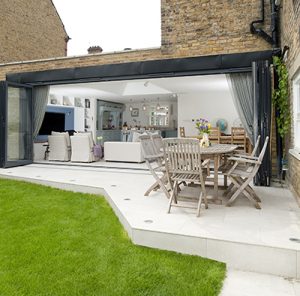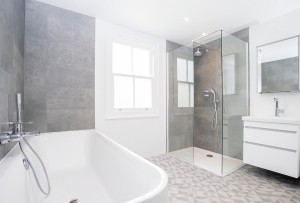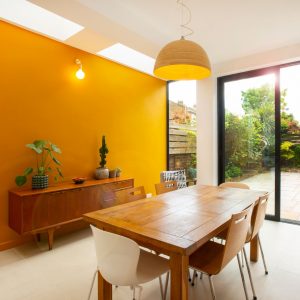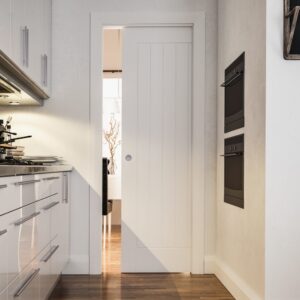Building an extension requires a significant investment and one of the biggest challenges homeowner’s face is staying within their budget. Whether you’re a DIY enthusiast or working with a contractor, going over budget is a nightmare scenario. One that could turn your dream project into a financial disaster. But don’t worry; we’ll share some insider tips and strategies on how to maximise your spending without compromising on quality or design.
In this article, we’ll teach you how to set budget priorities, negotiate with contractors, and choose materials and designs carefully. By the end, you’ll have confidence in your ability to organise the finances for your extension and create the home of your dreams without breaking the bank.
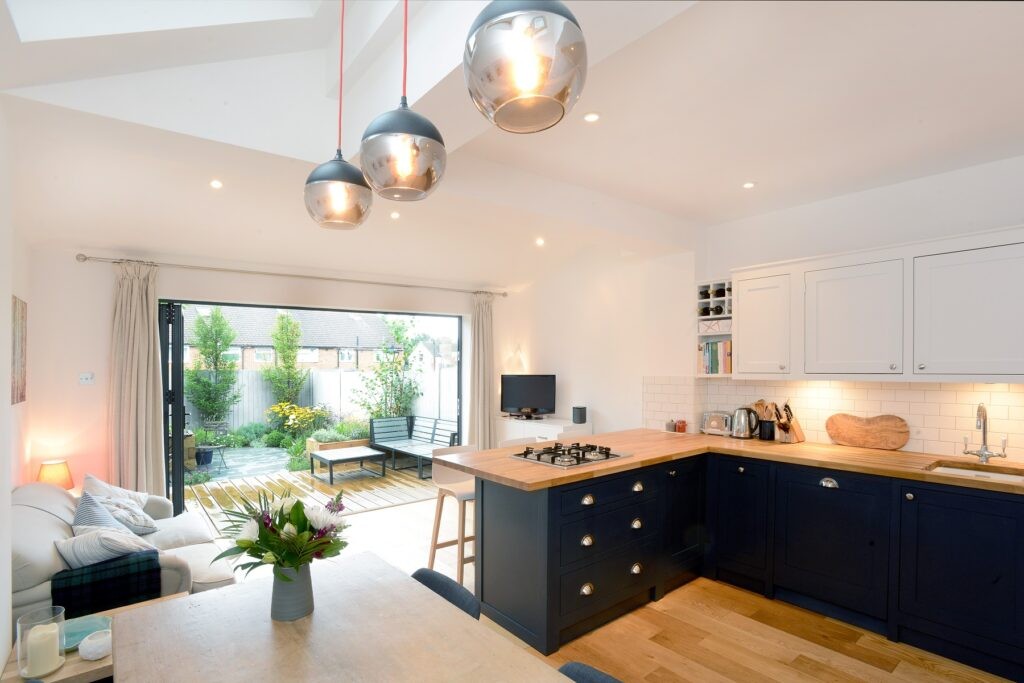
Set a Realistic Budget
Setting an achievable budget that includes all related expenses for your home extension project is crucial. The budget must cover everything from construction work to permits, surveys, and professional fees. But where do you start? Firstly, carefully examine your savings, income, and financing options to establish what you can afford to build. This will be your starting point for creating a budget that suits your financial circumstances.
Make a detailed budget that breaks down all the costs of your extension project. It’s important to account for unforeseen expenses and overspends, which are commonplace in building projects. Setting an achievable budget upfront will help you prevent expensive surprises later on and keep your project on schedule.
To optimise your budget further, you should consider strategies like choosing cost-effective materials and designs, doing some tasks yourself, and preparing for contingencies. Then, with careful planning and attention to detail, you can create an extension project that meets your needs and preferences.
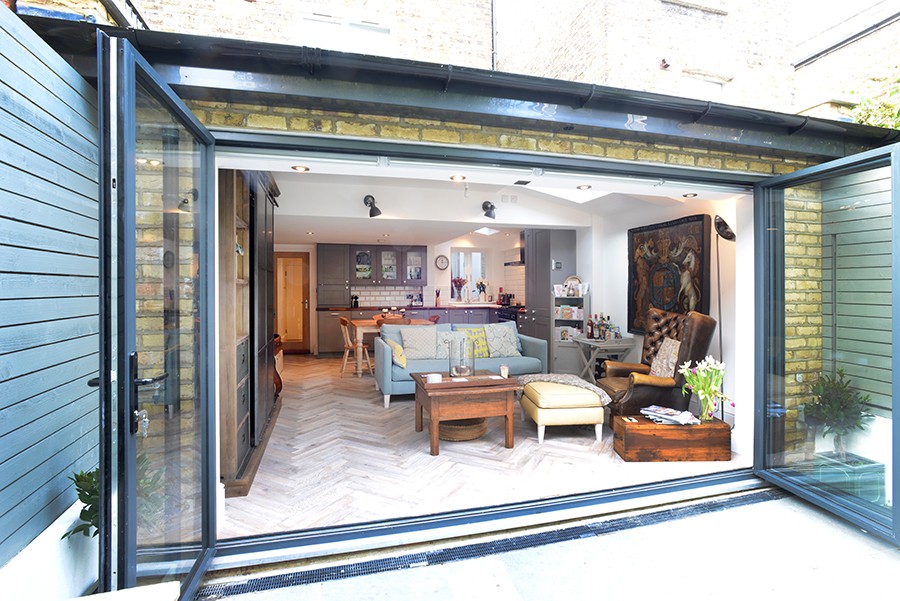
Prioritise Your Needs vs Wants!
Planning an extension project requires separating what you need from what you want. This can help you in establishing spending priorities and maximising your money. The key components of your extension are your needs, which are essentials. For instance, you must include amenities like cupboards, worktops, and appliances when creating a kitchen extension. On the other hand, your wants are the extras you’d love to have but could live without if necessary. These could include expensive finishes, designer fixtures, or high-end appliances.
You can avoid going over budget by prioritising your extension project needs above your wants. Then if your budget permits, you can always add more features later.
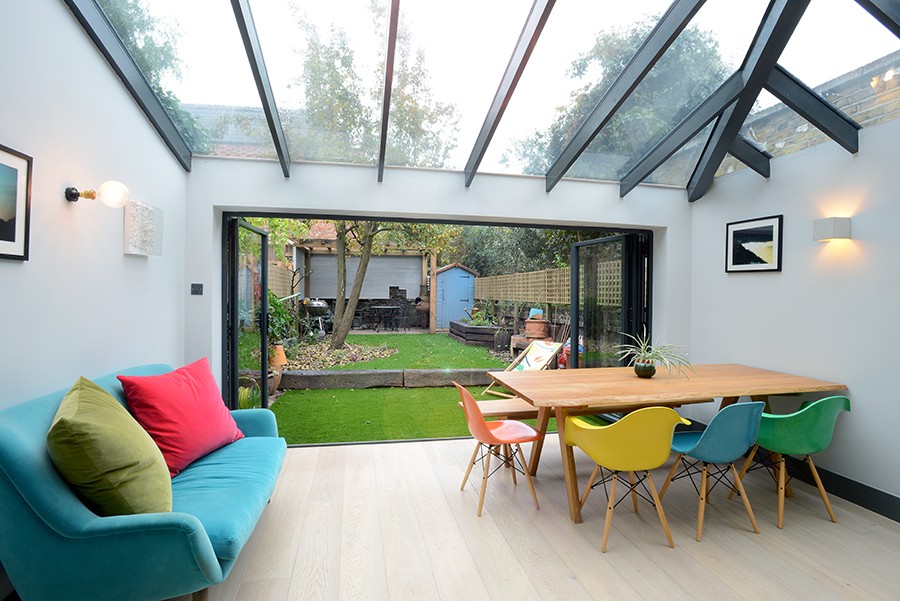
Choose the Right Contractor
Choosing the right contractor is crucial when managing your budget for a home extension. You want to find a contractor who can work within your budget and deliver high-quality workmanship. Start by asking for referrals from friends and family members who have completed similar projects and do some research online to find local contractors with good reviews.
When selecting a contractor, consider more than just the lowest bid. Look for a contractor with a strong reputation, appropriate insurance, and relevant experience. Consider interviewing several contractors before making your final decision. Once you have chosen a contractor, get a detailed written contract outlining all the work to be done, the timeline, and the payment schedule. This can help prevent misunderstandings and disputes down the line.
To further manage your budget, communicate openly with your contractor throughout the project. Be clear about your budget constraints and discuss any changes or unexpected expenses that arise. With good communication and a reliable contractor, you can ensure your extension project stays within budget while meeting your needs and expectations.
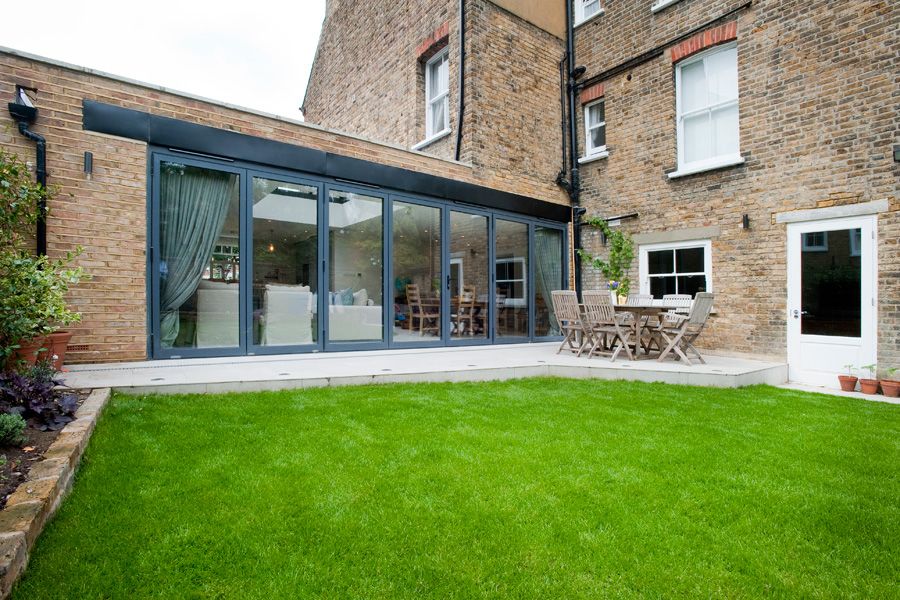
Get Multiple Quotes
When managing your budget for a home extension, getting multiple quotes from different contractors can be a smart strategy. By comparing prices and finding the best value for your money, you can ensure you get the most for your investment. When requesting quotes, provide each contractor with the same plans and specifications. This will help ensure each quote is based on the same scope of work, making it easier to compare apples to apples.
However, it’s important to remember the cheapest quote is not always the best choice. When comparing quotes, be sure to consider factors beyond the bottom line. Check the quality of the materials, the contractor’s level of experience, and any guarantees or warranties that are being offered. Don’t be afraid to ask questions or seek clarification from each contractor before deciding. With careful consideration and a focus on value rather than just price, you can find a contractor who can deliver the high-quality workmanship you need within your budget.
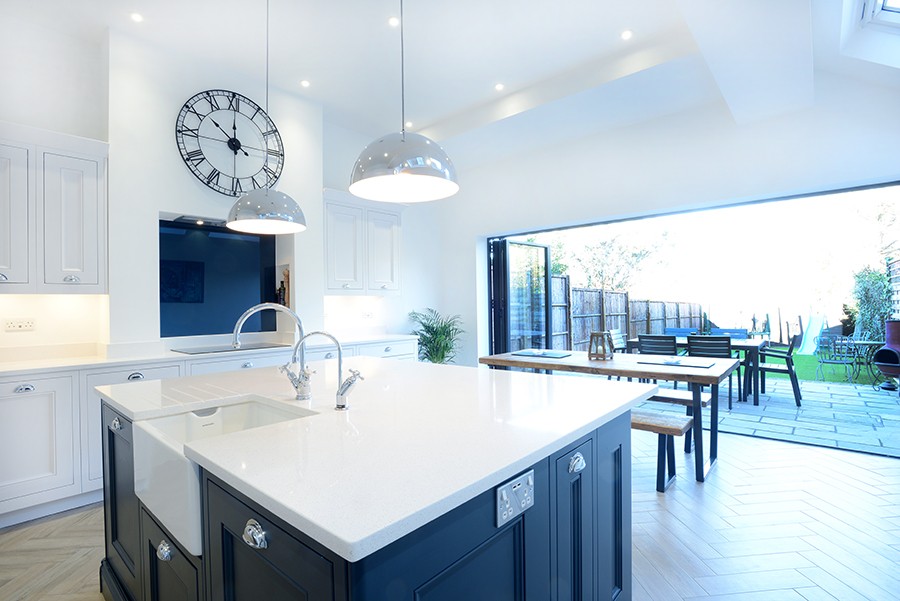
Plan Ahead
Planning and making informed decisions are essential to managing your budget for a home extension effectively. Starting with a detailed plan created with your contractor can help you avoid costly changes and delays. This plan should include a timeframe, a list of the materials, and a description of each stage of the project.
However, you should update the plan regularly as it is a continuous process. Throughout the project, it requires constant communication with your contractor. Regular check-ins can help you stay up-to-date on progress and address issues or concerns before they become significant problems. By staying organised and proactive, you can keep your project on track and ensure you make the most of your budget.
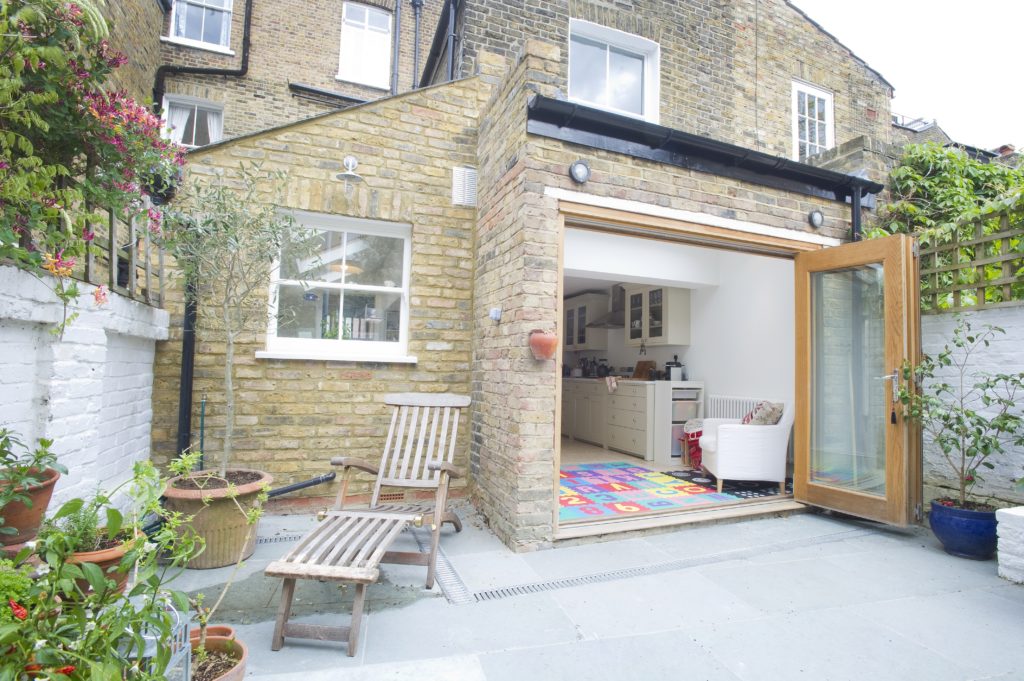
Consider DIY Options
Depending on your skill level and experience, doing some of the work yourself can be a great way to save money on your extension project. When considering taking on some of the work yourself, factor in the time and effort required for each task. You’ll also need to ensure you have the necessary tools and equipment to do the job properly. Before starting any DIY work, research and watch tutorials or consult with experts if necessary.
You can save money and learn new skills by taking on some of the tasks yourself. However, you must prioritise safety and only attempt tasks you’re confident you can safely complete. Always leave tasks such as electrical work and plumbing to the professionals since they can be dangerous and require specialised knowledge and equipment.
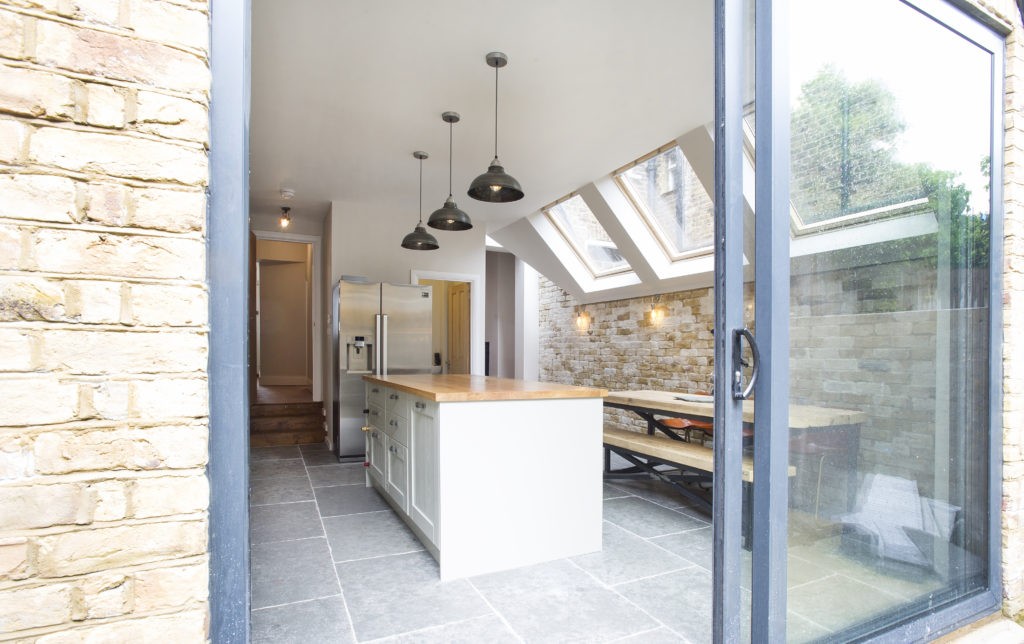
Be Prepared for Contingencies
Planning for contingencies is an important part of managing your budget for a home extension project. However, unexpected costs and setbacks can occur no matter how well you plan. To be prepared, it’s essential to budget for contingencies and have a backup plan in emergencies. This can include budgeting for an extra 10-20% of the total project cost for unexpected expenses. By planning and budgeting for contingencies, you can avoid costly surprises and ensure your extension project stays on track and within budget.
It’s also important to be realistic about what you can accomplish independently and when to call in professionals. By taking on some of the work yourself, you can save on labour costs, but some tasks should always be left to the professionals, such as electrical work and plumbing. Additionally, it’s essential to carefully select materials and design features that offer the best value for your budget. Combining these strategies and being prepared for contingencies, you can successfully manage your budget for a home extension project.






